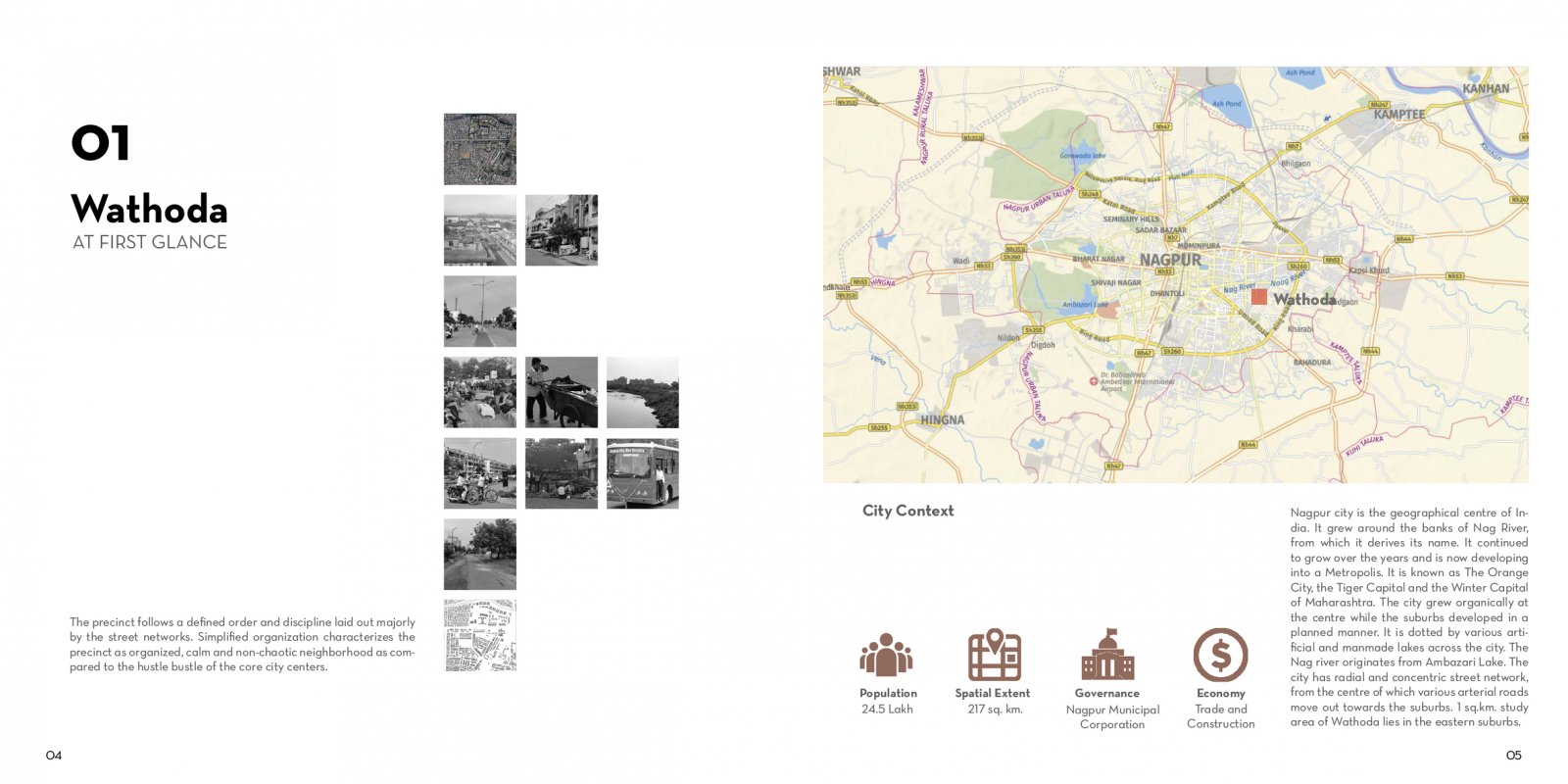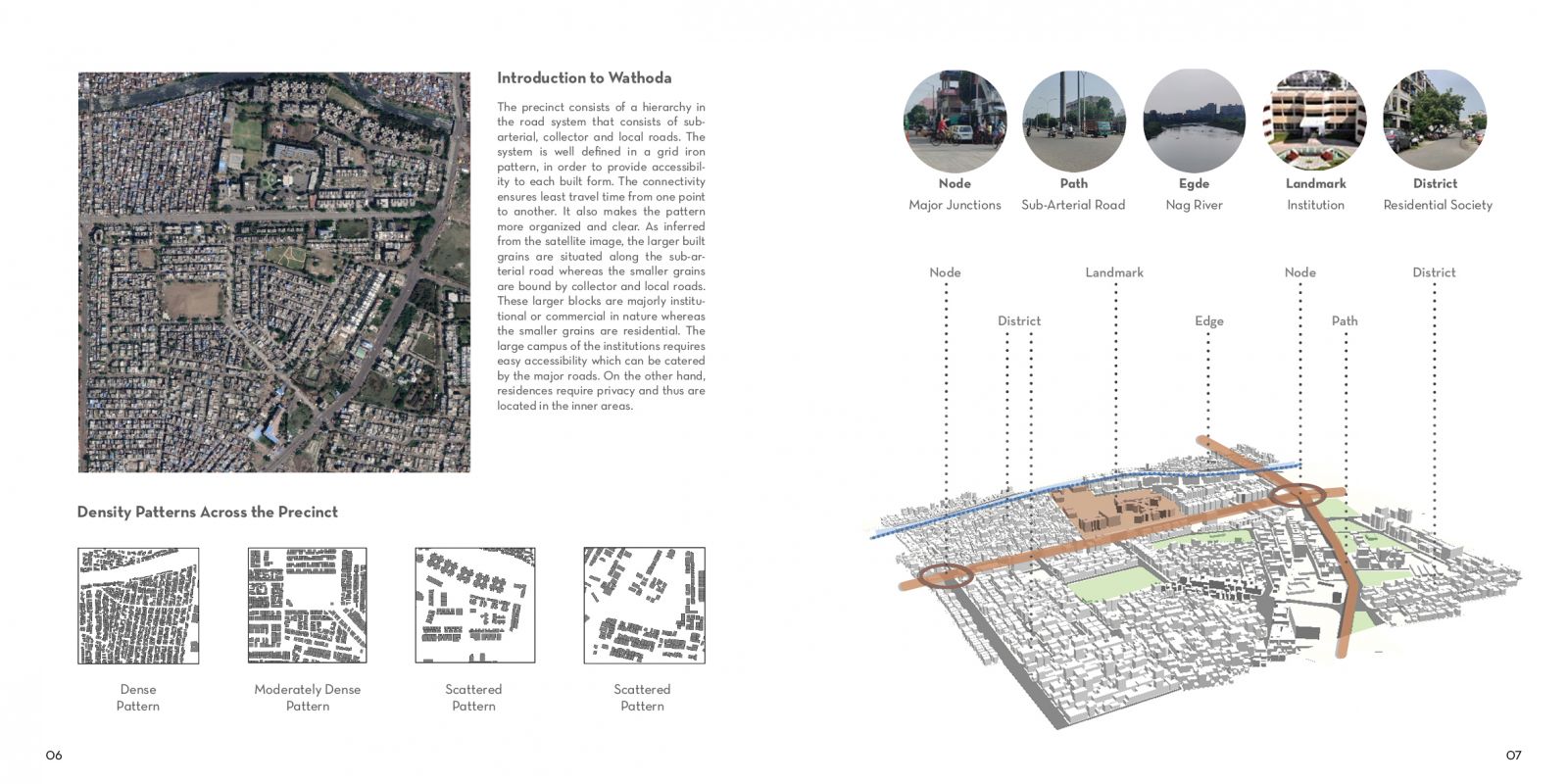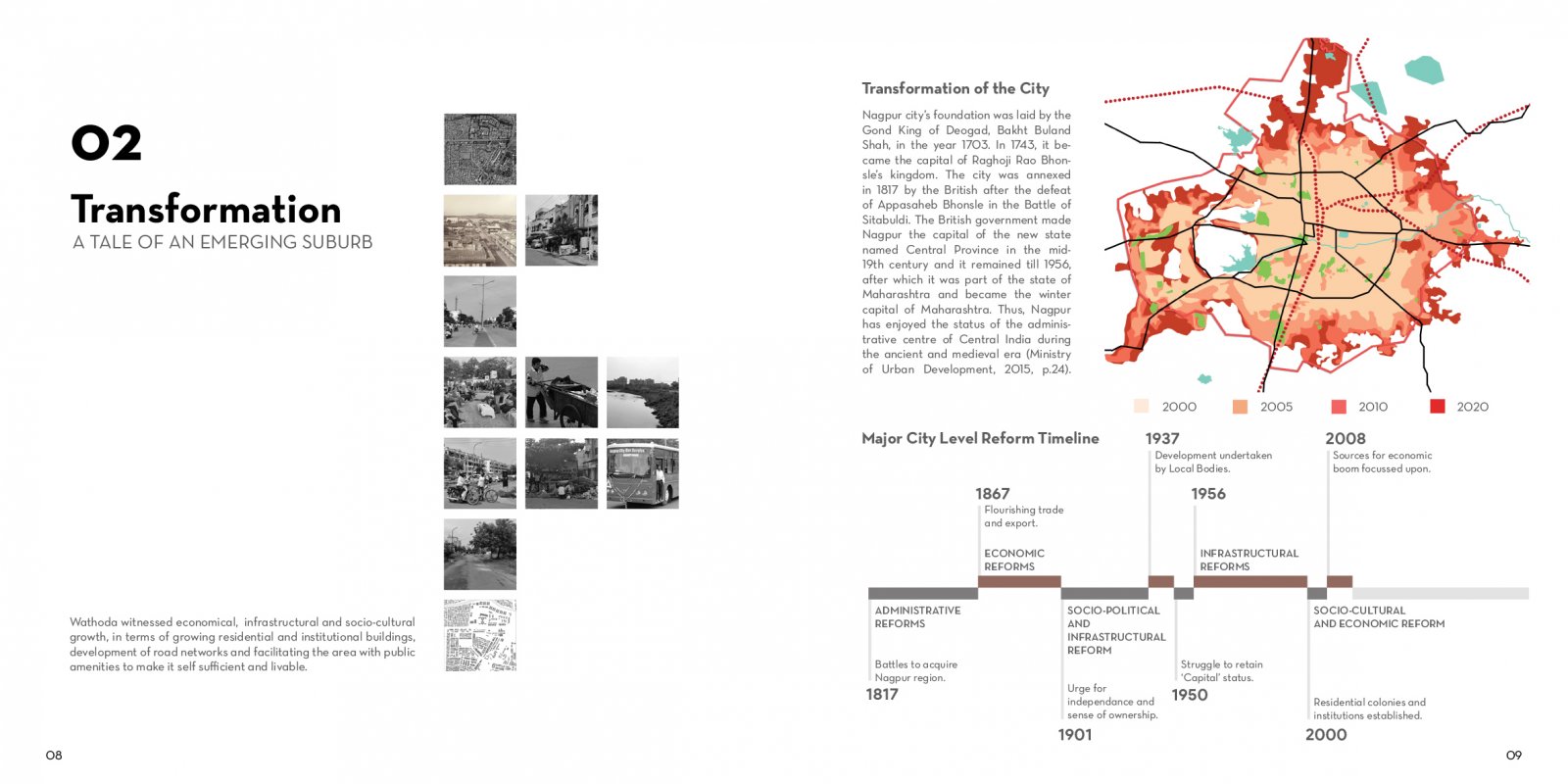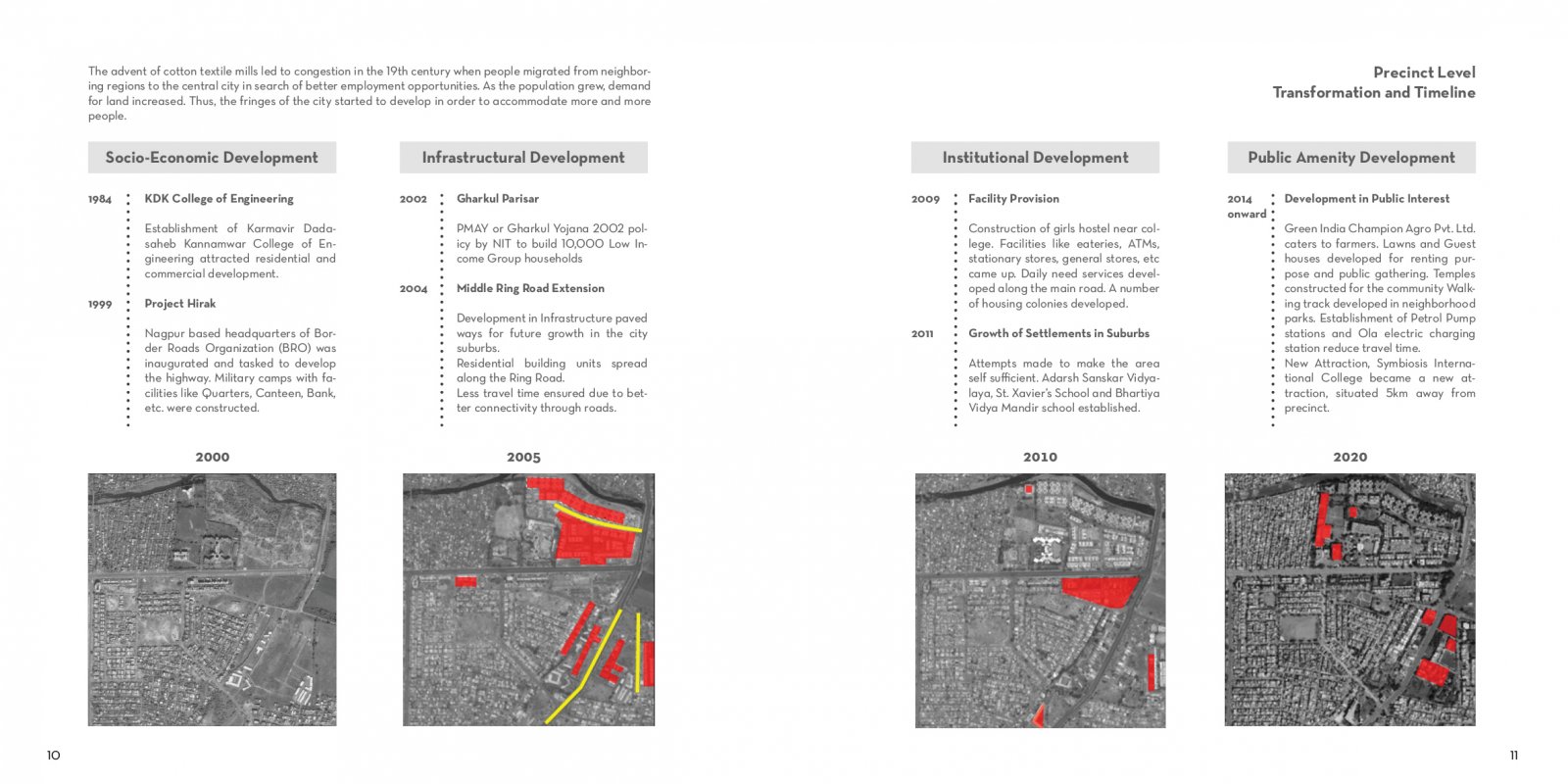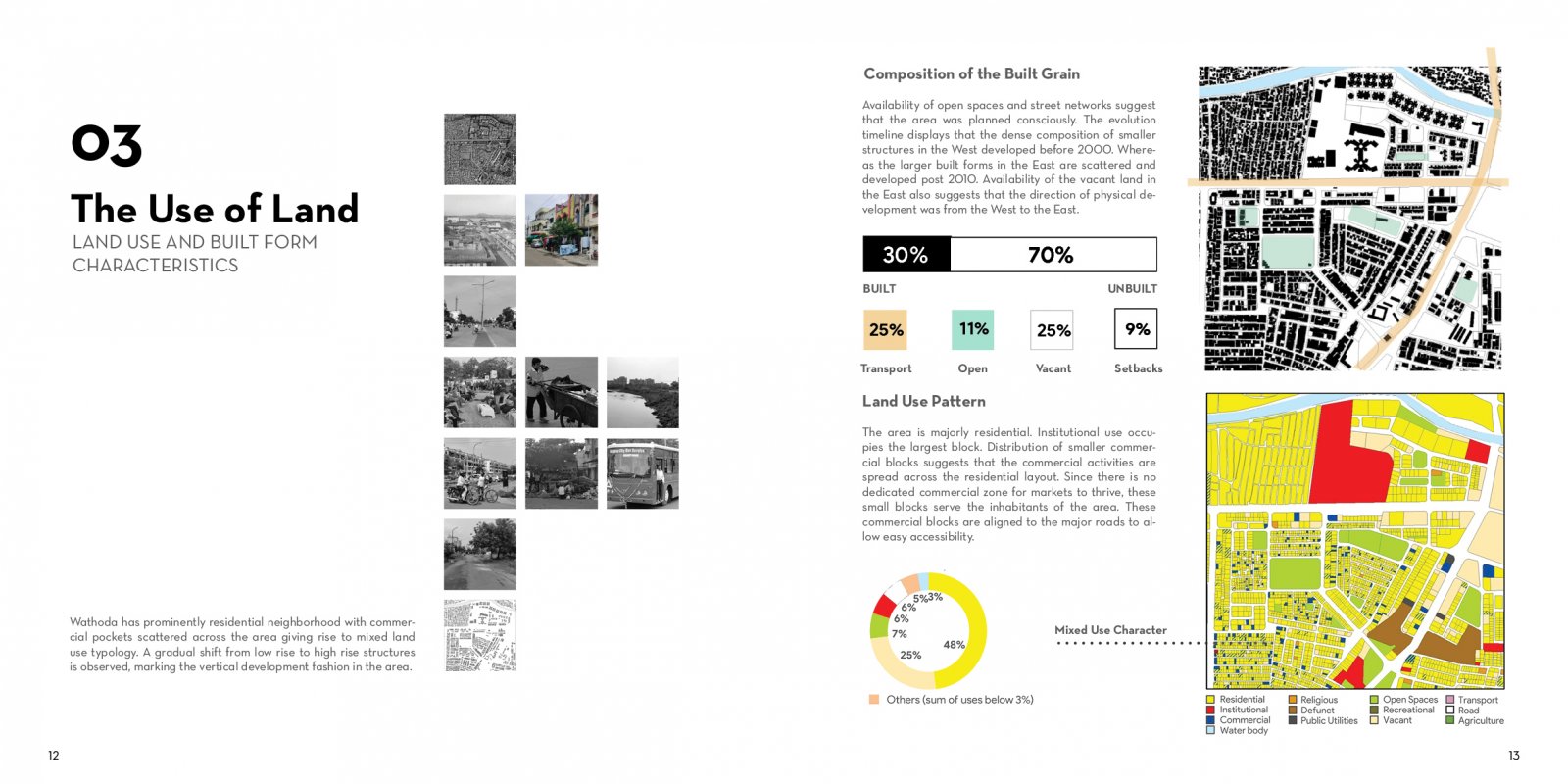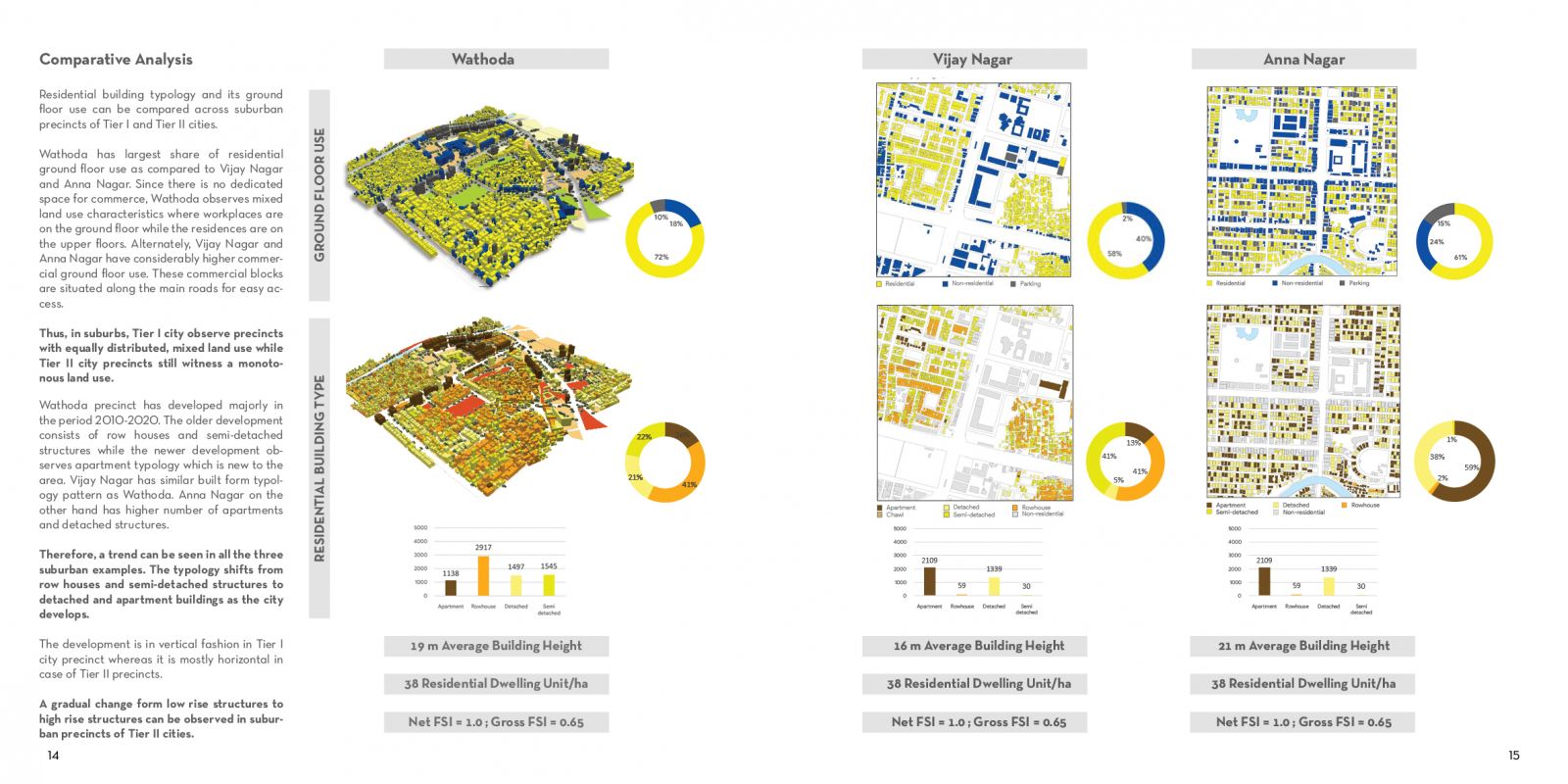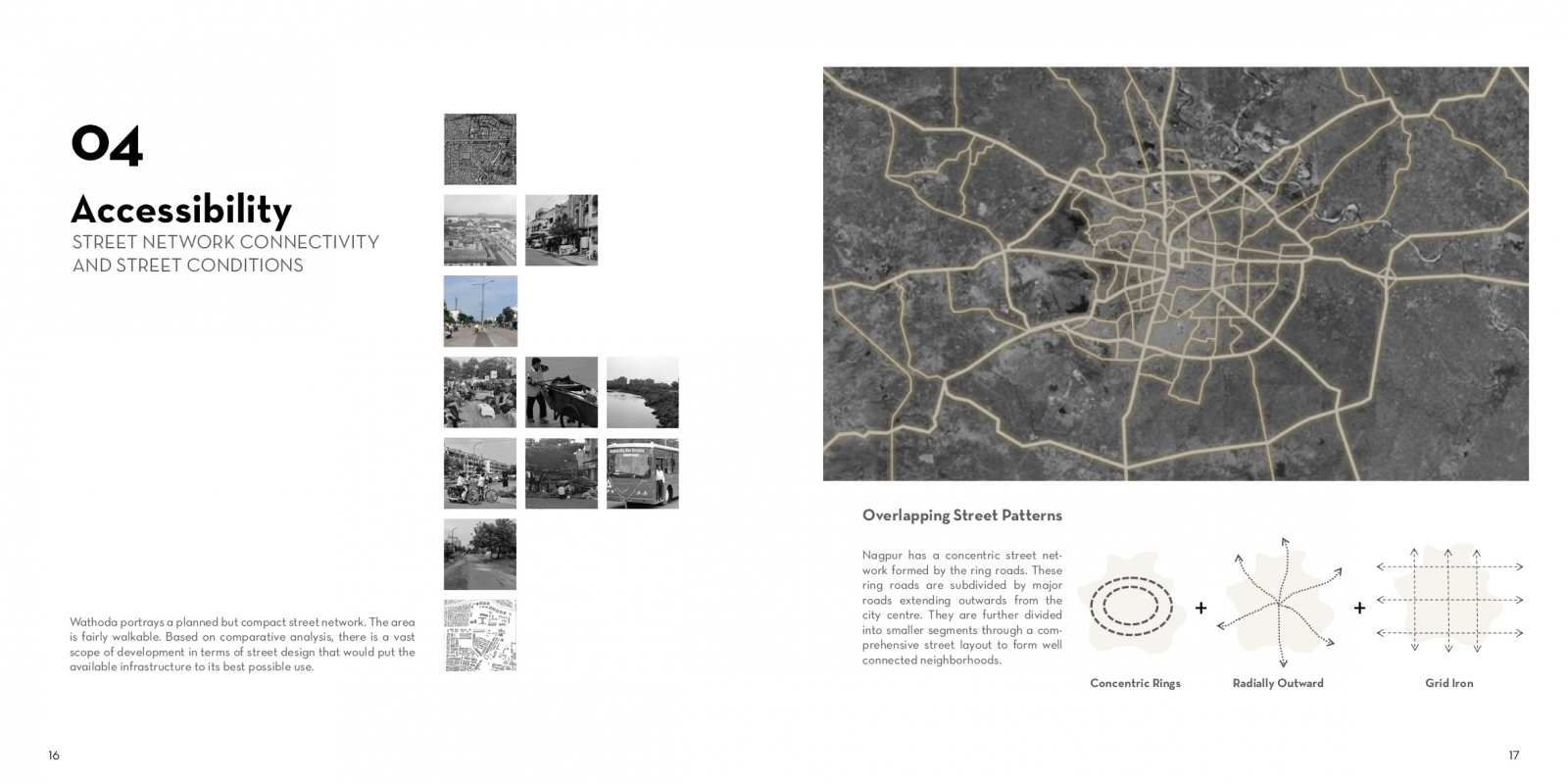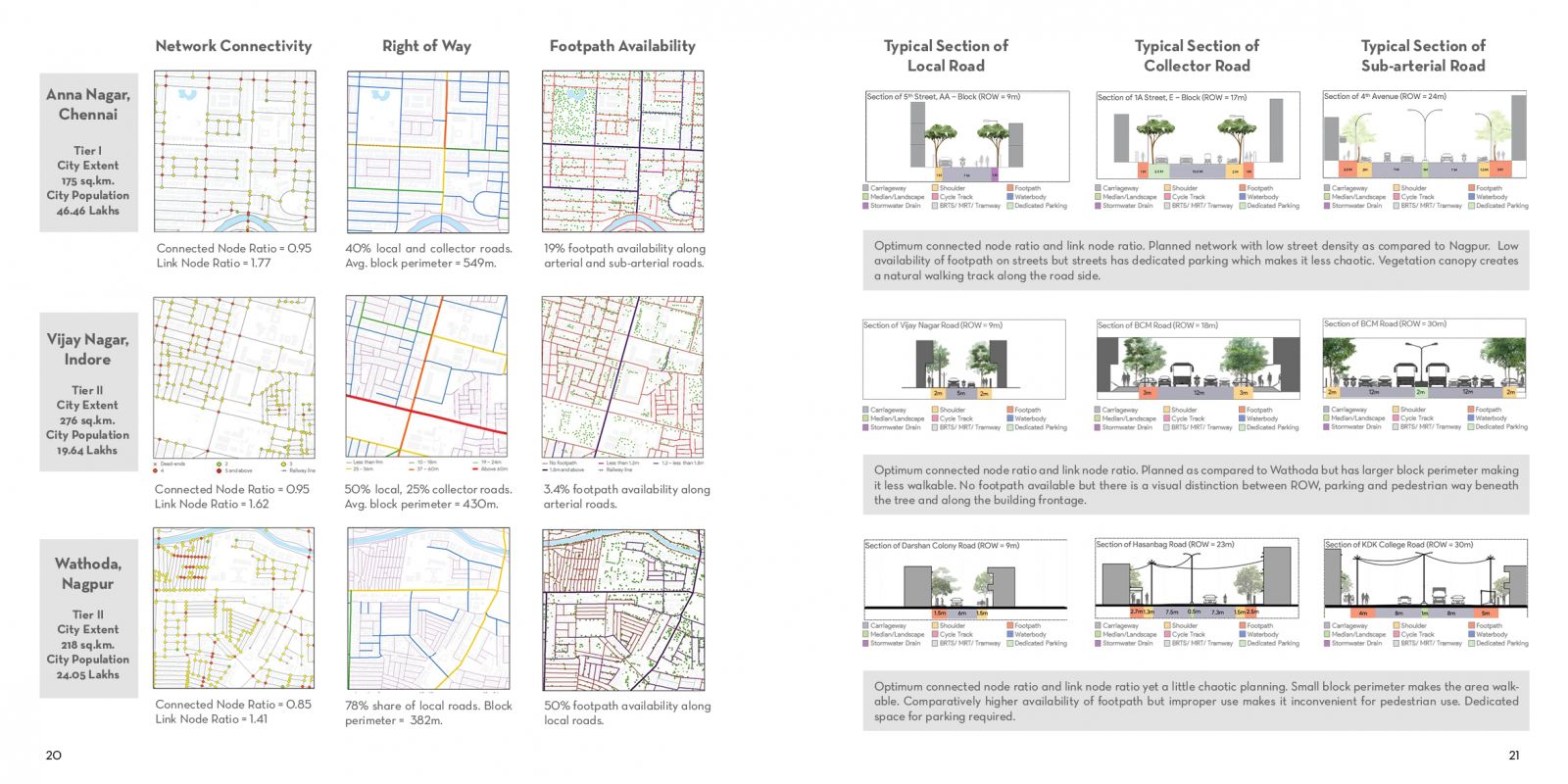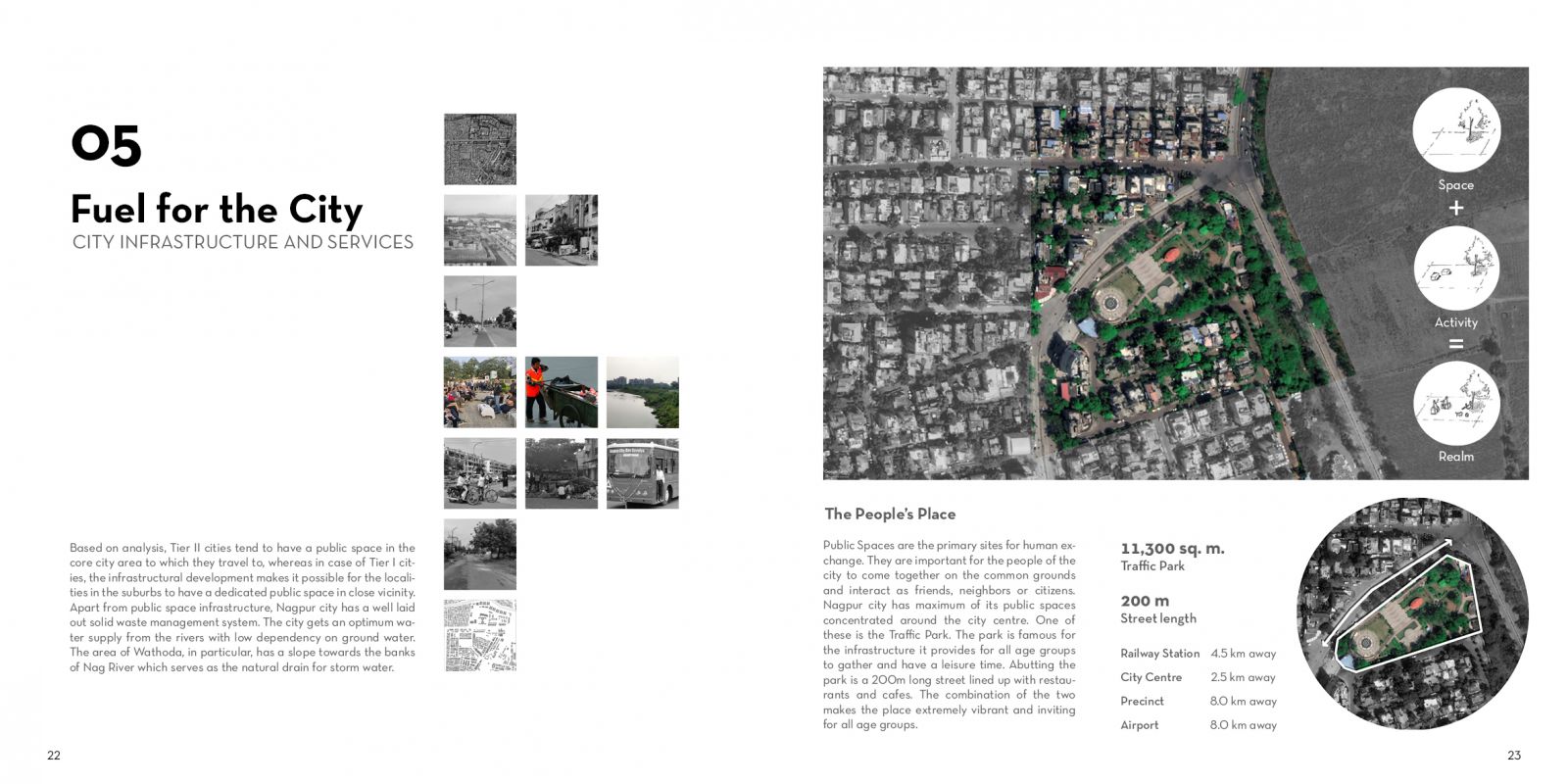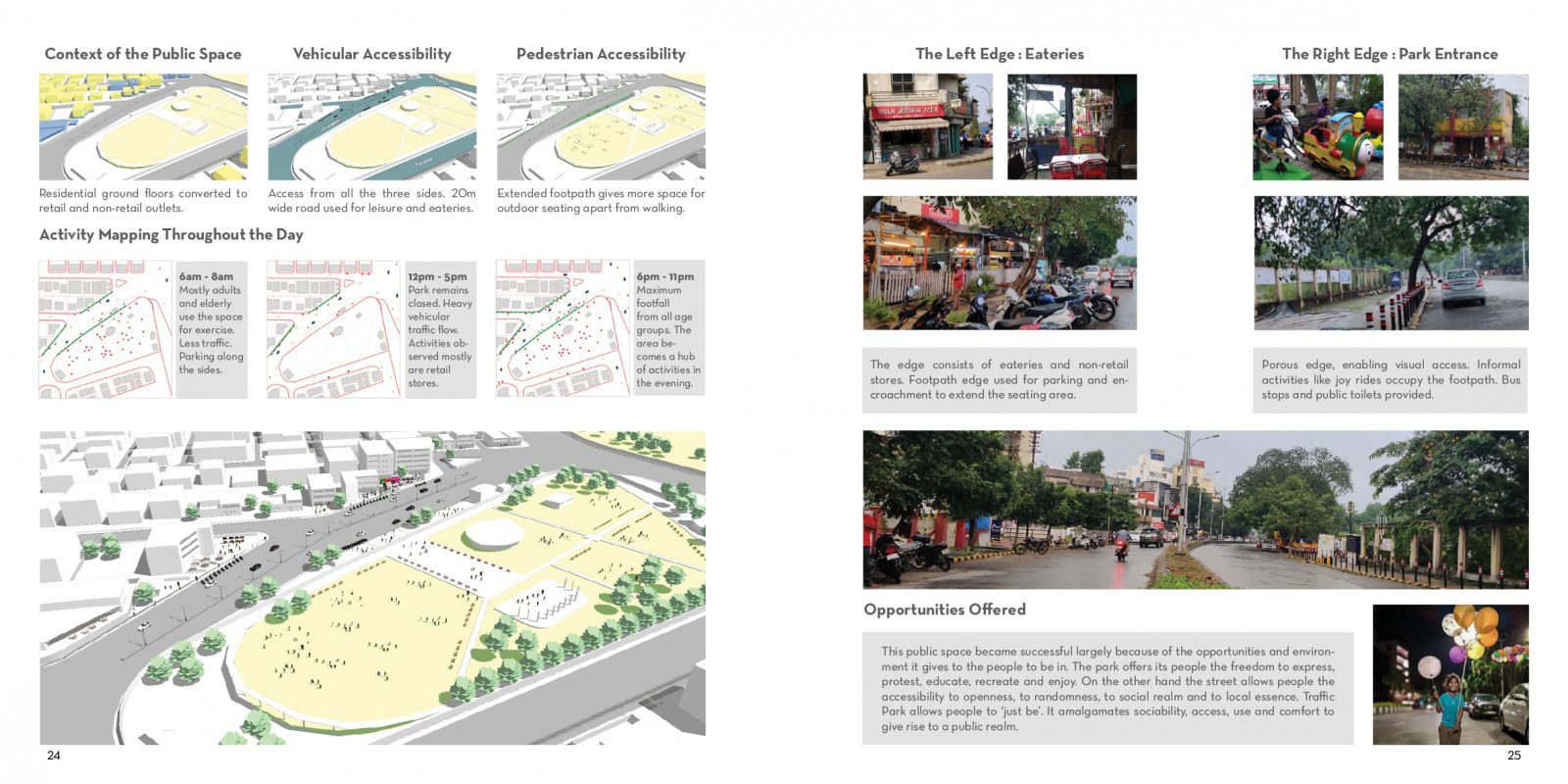Suburbs in Transition | Wathoda, Nagpur
- Student SAKSHI PUGALIA
- Code PUD20301
- Faculty Planning
- Tutor/s Rutul Joshi,Umesh Shurpali,Ravi Sannabhadti,Anil kumar Roy,Subhrangsu Goswami,Nitika Bhakuni,Vanishree Herlekar,Rujul Dipak joshi,Arjun Joshi,Tarun Patel,Narendra Mangwani
- TA Kinjal Ribadia,Aarzoo Samani,Jacob Baby,Navnit Sourirajan,Anuja Singh,Giby Abraham,Ann Elizabeth Francis,Kaveri Bahure,Nikita Doshi,Shreesha Arondekar,Shuktika Sabharwal
Nagpur is a developing city in central India. Where the old city proudly showcases the traces of the past, urbanism struggles to leave no stone unturned in the suburbs and the fringes. Wathoda lies in the Eastern suburbs of the city. It has undergone a striking transformation from vacant grassland to a well established neighborhood in past two decades (2000-2020). The study focuses on various tangible and intangible parameters. Tangible parameters comprise of the land use, built form, street network of Wathoda and City level infrastructure and services. Whereas the intangible parameters comprise of the lifestyle choices that people make in terms of their housing conditions, livelihood and transportation. To develop a better understanding of the tangible parameters, case of 1 sq.km. suburban area of Nagpur (Tier I city) is compared to cases of 1 sq. km. suburban areas of Indore (Tier II city) and Chennai (Tier I city). An effort has been made to identify a trend, if any, in Tier I and Tier II cities. Therefore, through the chosen study areas, the nature of development in suburban areas of different cities is analyzed.
